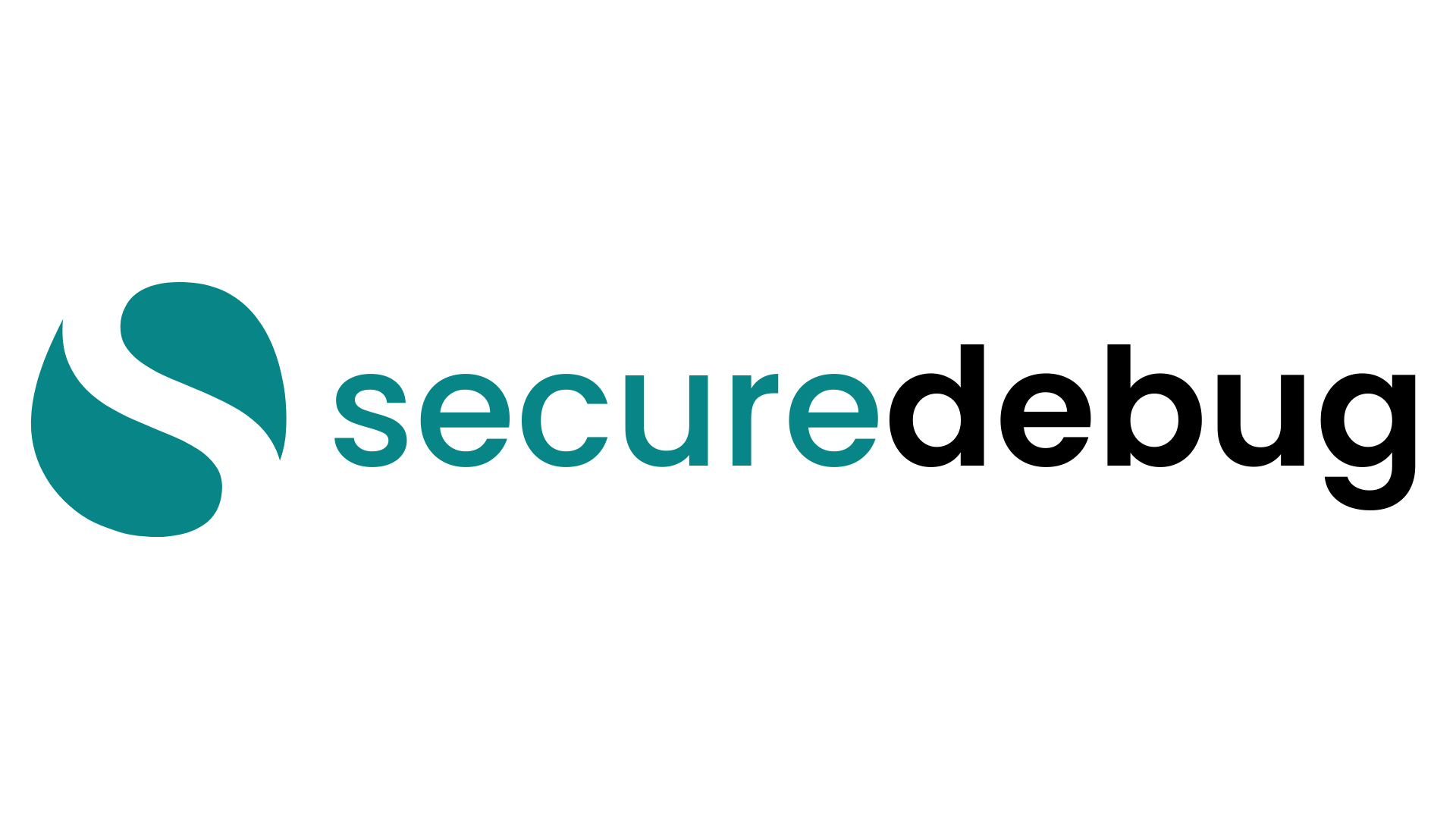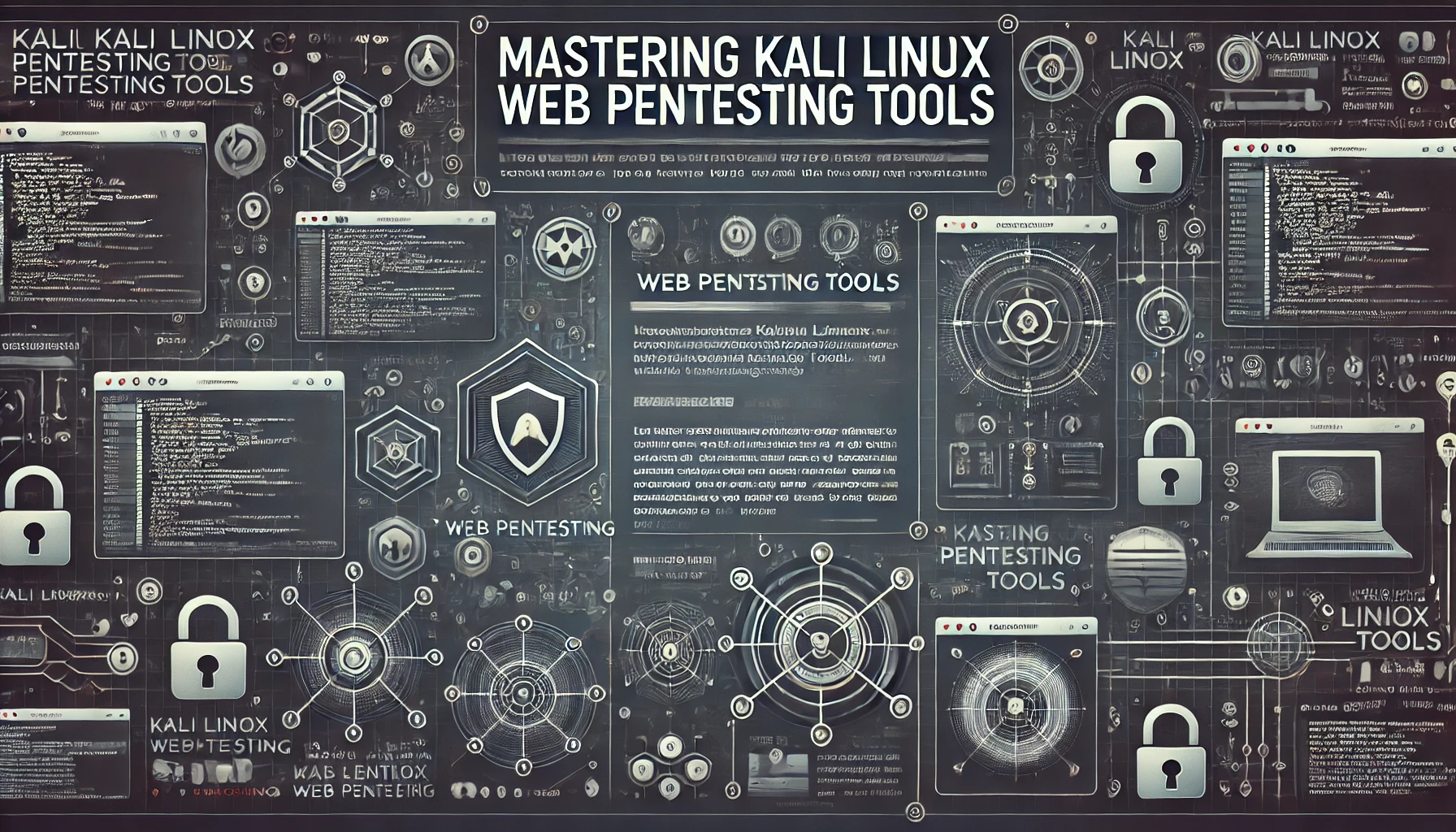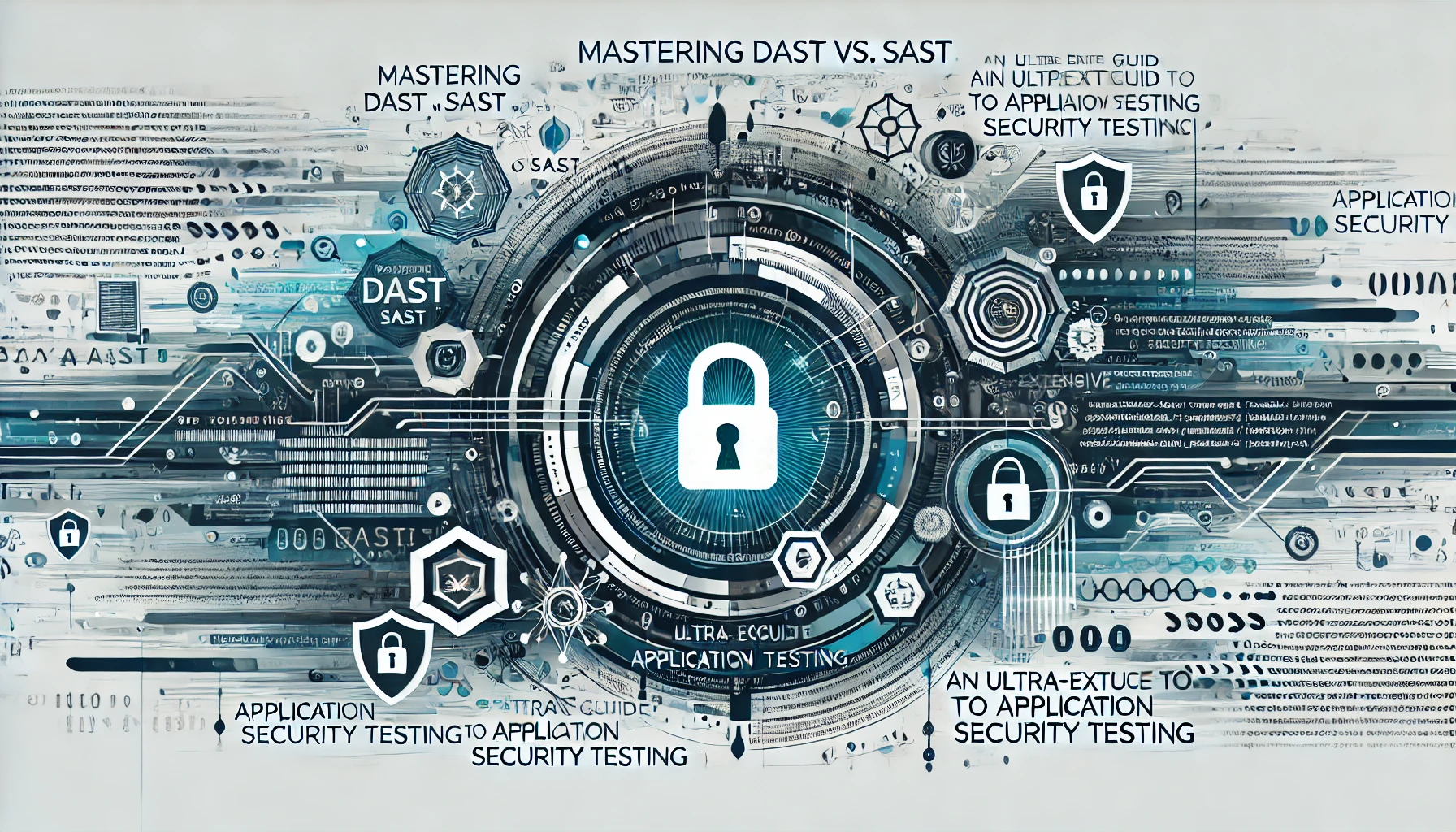
Unveiling the Secrets of Ethical Hacking: Safeguarding Your Digital Fortress
Welcome to the Secure Debug blog, where we unravel the mysteries of cybersecurity to empower you in safeguarding your digital realm. Today, we delve into the fascinating world of Ethical Hacking, a vital practice in fortifying your organization’s cyber defenses.
Ethical Hacking, also known as penetration testing or white hat hacking, involves authorized professionals exploring vulnerabilities within computer systems, networks, and applications. The objective is to identify weaknesses before malicious hackers can exploit them, ultimately enhancing the overall security posture.
The Ethical Hacker’s Toolkit
An ethical hacker requires an extensive toolkit to conduct comprehensive assessments. This arsenal comprises various tools, including:
- Vulnerability Scanners: These tools automatically discover and assess potential vulnerabilities within networks or applications, aiding in identifying potential attack vectors.
- Exploit Frameworks: These frameworks assist in exploiting identified vulnerabilities, allowing ethical hackers to demonstrate the impact of a successful attack.
- Password Crackers: As the name suggests, these tools help in deciphering passwords, a crucial step in evaluating the strength of authentication mechanisms.
Methodologies and Approaches
Effective ethical hacking follows a systematic approach to ensure a thorough evaluation. One widely used methodology is the OSCP (Offensive Security Certified Professional) approach. It encompasses the following steps:
- Reconnaissance: Gathering information about the target system, including IP addresses, domain names, and employee details.
- Scanning: Utilizing tools to identify open ports, services, and potential vulnerabilities.
- Enumeration: Extracting valuable information such as user accounts, network shares, and system configurations.
- Exploitation: Actively attempting to exploit identified vulnerabilities to gain unauthorized access.
- Post-Exploitation: Consolidating control over the compromised system and assessing the potential impact of the breach.
- Reporting: Documenting findings, including identified vulnerabilities, the impact of successful exploits, and recommendations for mitigation.
The Legal and Ethical Aspects
Ethical hacking operates within a legal and ethical framework. Professionals must obtain proper authorization before conducting any assessments. This ensures that the activities are conducted within the boundaries of the law and prevents any unintended consequences.
Moreover, ethical hackers adhere to strict codes of conduct, emphasizing integrity, confidentiality, and respect for privacy. They must always prioritize the protection of sensitive data and respect the boundaries set by the organization being assessed.
Why Ethical Hacking Matters
With the ever-increasing threat landscape, organizations must proactively identify and address vulnerabilities. Ethical hacking plays a crucial role in:
- Preventing Data Breaches: By identifying weaknesses before malicious actors exploit them, ethical hacking helps prevent costly data breaches and their associated damages.
- Enhancing Security Posture: Regular assessments and vulnerability remediation efforts significantly strengthen an organization’s security posture, reducing the likelihood of successful attacks.
- Meeting Compliance Requirements: Ethical hacking assists organizations in meeting regulatory requirements by identifying vulnerabilities and implementing appropriate controls.
- Gaining Customer Trust: Demonstrating a commitment to security and proactive protection measures helps build trust with customers, partners, and stakeholders.
Conclusion
As we conclude our exploration of Ethical Hacking, we hope you now grasp the importance of this crucial cybersecurity practice. By employing ethical hackers to uncover vulnerabilities, organizations can stay one step ahead of cybercriminals, safeguarding their digital fortresses from potential threats.
Stay Connected with Secure Debug
Need expert advice or support from Secure Debug’s cybersecurity consulting and services? We’re here to help. For inquiries, assistance, or to learn more about our offerings, please visit our Contact Us page. Your security is our priority.
Join our professional network on LinkedIn to stay updated with the latest news, insights, and updates from Secure Debug. Follow us here.







